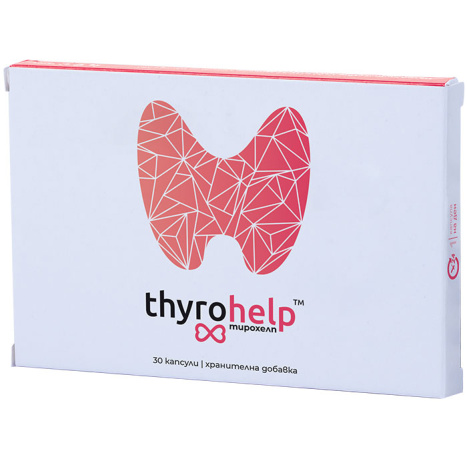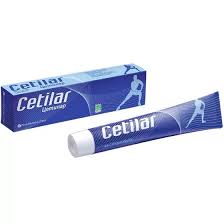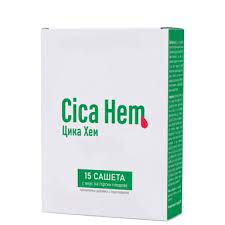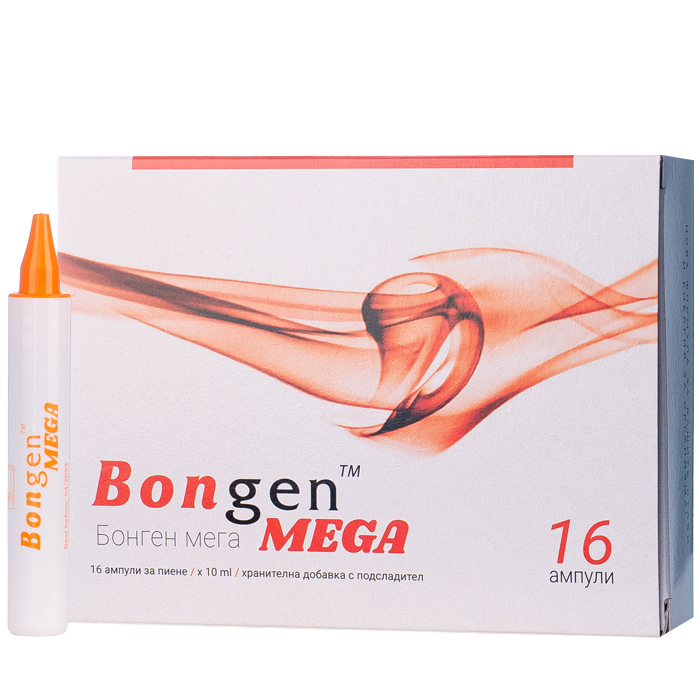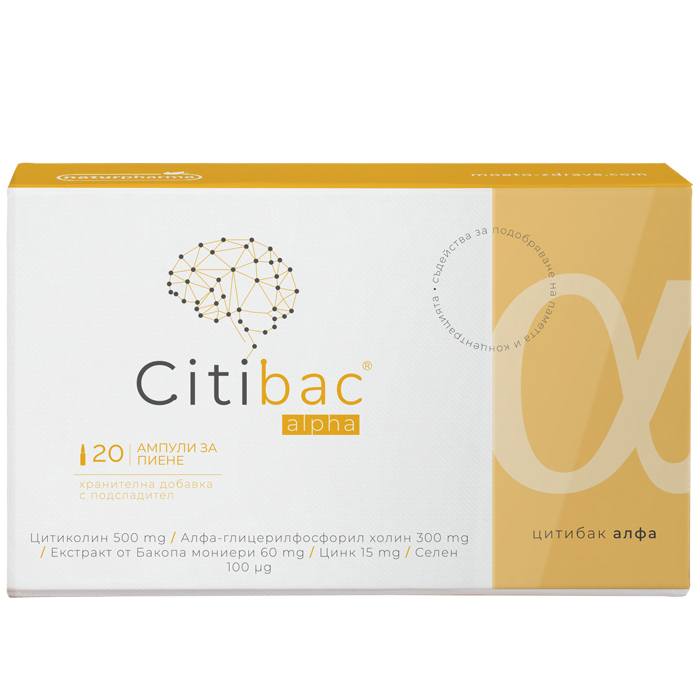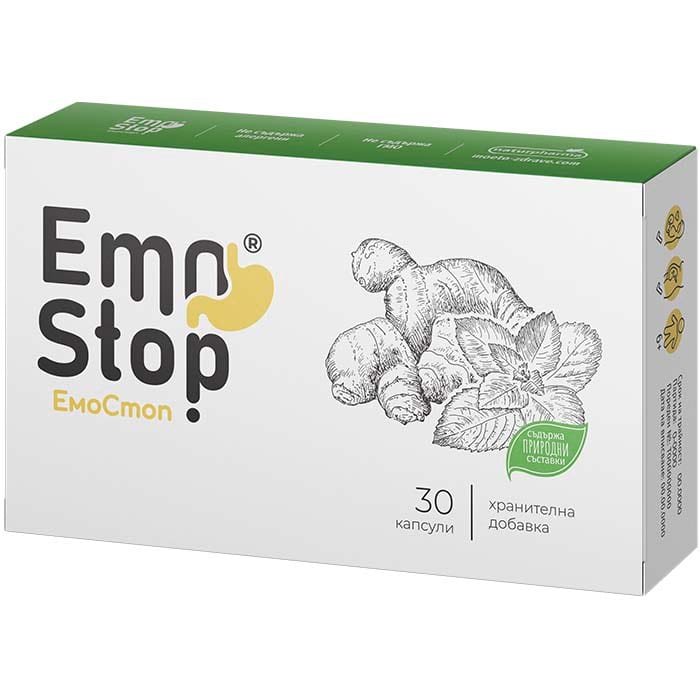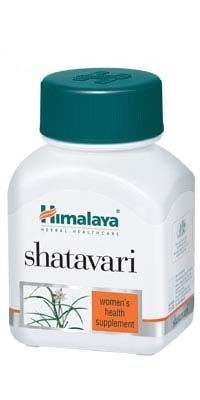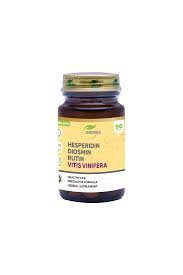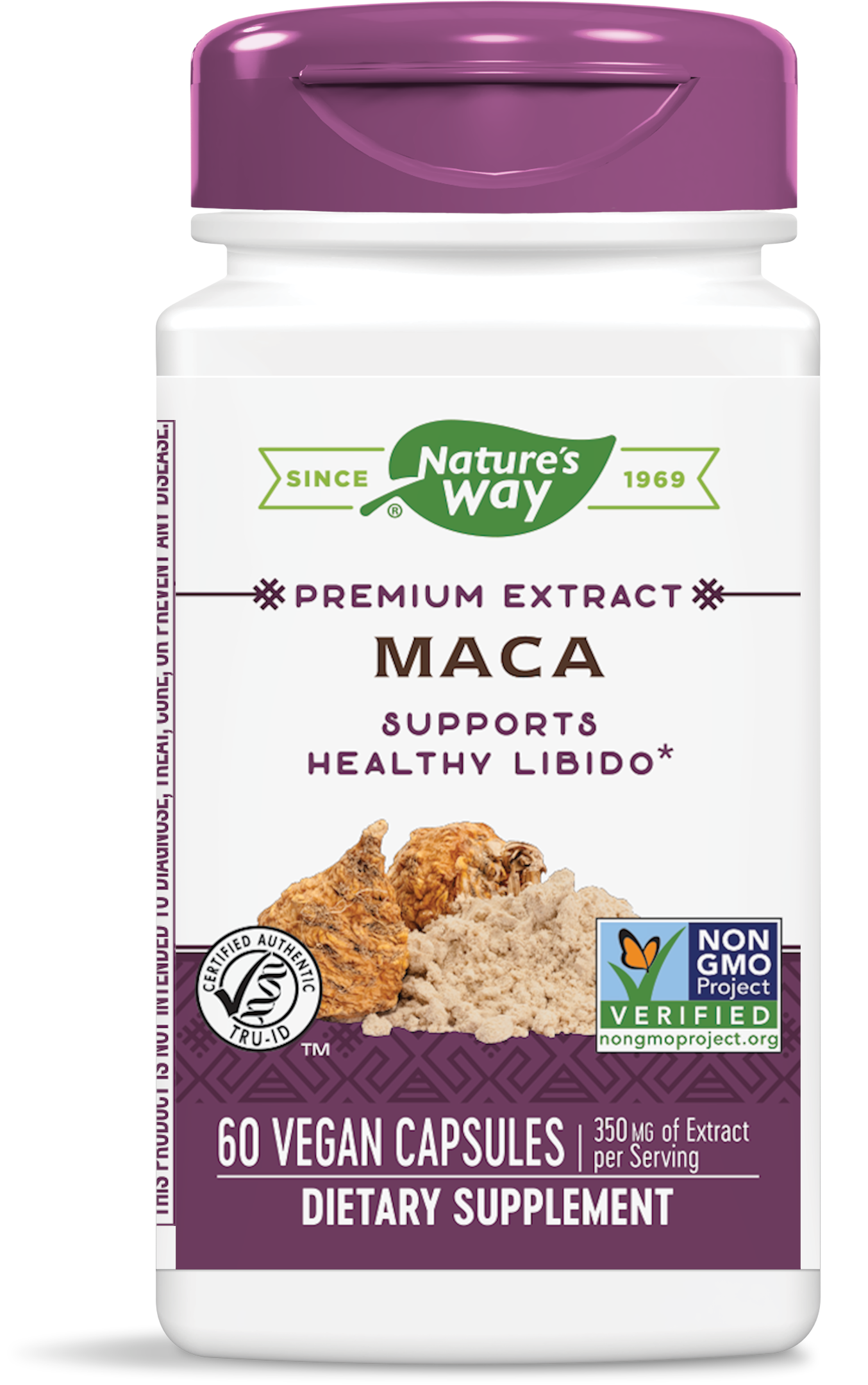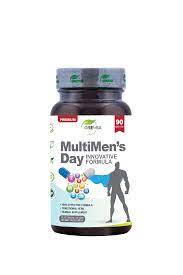NATURPHARMA THYROHELP x 30 capsules
Thyrohelp is a nutritional supplement with a specially created formula, including the amino acid L-tyrosine, zinc, selenium, vitamin D and standardized turmeric extract, which contributes to the normal function of the thyroid gland and the immune system.
This is the first formula of its kind in Bulgaria. Its ingredients have been selected for their high safety profile, natural origin and solid evidence of effectiveness. Each of them individually is often recommended by specialists and preferred by patients as a means of combating an increasingly common problem - thyroid dysfunction. In Thyrohelp / Тирохелп they are optimally combined so as to provide a significant intake for the body, complementing each other and enhancing their beneficial effects.
Until recently, it was believed that the risk of hypothyroidism and hyperthyroidism was determined primarily by dietary iodine intake. However, modern science increasingly recognizes factors that influence it: age, smoking, genetic predisposition, ethnicity, endocrine disruptors (e.g. BPA and other xenoestrogens), some new treatments and drugs (e.g. immune checkpoint inhibitors), etc.
According to recent estimates, over 5% of thyroid dysfunctions remain undiagnosed. This is especially true for older people, where the percentage is up to twice as high. About 2/3 of undiagnosed thyroid dysfunctions are types of hypothyroidism (Lucas, A., et al., 2010; Diab, N., et al., 2019). The more at risk gender is definitely the gentler one, with women having up to 10 times higher risk of hypothyroidism and up to 12 times higher risk of hyperthyroidism compared to men. (Vanderpump, M., 2011; Diab, N., et al., 2019).
Ingredients (in 1 capsule)
- L-Tyrosine (proteinogenic amino acid): 250 mg
- Turmeric extract (Curcuma longa, 95% curcumin): 75 mg
- Zinc (zinc sulfate – 41.66 mg): 15 mg
- Selenium (sodium selenite): 100 mcg
- Vitamin D (cholecalciferol): 10 mcg
Excipients: microcrystalline cellulose (emulsifier), silicon dioxide, magnesium stearate (anti-caking agents).
What does science say about the thyroid gland and...
L -tyrosine
Tyrosine is used by the body in combination with iodine to produce the thyroid hormones thyroxine (T4) and triiodothyronine (T3). Therefore, adding L-tyrosine (one of the natural isomers of the amino acid) to the diet of patients with hypothyroidism is a common practice.
In a 2007 study, Palinkas et al. found that L-tyrosine supplementation increased T3 levels in 85 volunteers exposed to stress. In addition, TSH levels were reduced, high levels of which are commonly associated with hypothyroidism and chronic stress. These results are supported by animal models in which L-tyrosine supplementation improved neuroendocrine function and prevented a decline in thyroid hormone levels under chronic stress (Wang, Z, et al., 2012).
L-tyrosine significantly improves and preserves alertness, psychomotor function, and cognition in extreme situations and in chronic sleep deprivation (Deijen, et al., 1999; Neri, et al., 1995). These effects are likely due to its effects on a number of neurotransmitters and hormones such as melatonin, dopamine, and/or noradrenaline, and could be of clinical relevance for patients suffering from hypothyroidism.
Curcumin
The antioxidant and anti-inflammatory properties of curcumin have been well studied (Venugopal & Sudheer, 2007). Recently, it was found that thanks to them, standardized turmeric extract can protect the thyroid gland from damage and thus contribute to maintaining stable thyroid hormone levels (Abdelaleem, M, et al., 2018).
Elevated T3 levels can cause increased oxidative stress in the body, and curcumin has been shown to effectively counteract this stress and the associated damage (Samanta, L, et al., 2010).
Benign thyroid nodules are one of the most common endocrine disorders. A recent trial from neighboring Romania showed that curcumin supplementation significantly reduced the size of these nodules after just 6 weeks of supplementation (Stancioiu, F, et al., 2019).
Zinc
The mineral zinc is closely linked to thyroid function in more ways than one. When zinc levels in the body are low, it inhibits the production of THR and TSH, leading to low levels of T4 and T3. Zinc is also a component of the enzyme deiodinase, which converts T4 into functional T3. If the body is deficient or deficient in the mineral, T3 production is impaired or even impossible. (Baltaci, A, et al., 2004; Khanam, S, 2018; Severo, J, et al., 2019). Zinc is also known to be required for the normal functioning of the T3 receptor, and low levels of zinc in this receptor can lead to impaired T3 function (Freake, H, et al. 2001).
Furthermore, low zinc levels are associated with increased autoimmunity – thyroid patients with zinc deficiency have high levels of anti-thyroid antibodies – TPO and Tg (Ertek S, et al. 2010).
Several reports suggest that zinc deficiency is a cause of subclinical hypothyroidism. Supplementing the diet of patients with Down syndrome improves thyroid function (Napolitano, G, et al., 1990). Animal models have shown that hypothyroidism leads to impaired zinc absorption (Chen, S, et al., 2005). Supplemental zinc has beneficial effects on thyroid hormone levels (especially total T3), metabolic rate (Maxwell, C. & Volpe, SL, 2007), and a number of symptoms associated with hypothyroidism, such as depression, decreased mental acuity, hair loss, decreased appetite, and skin lesions (Betsy, A, et al., 2013).
A 2015 study of 68 women with hypothyroidism found that zinc intake increased free T3 levels, and the combination of zinc and selenium led to a significant decrease in TSH and an increase in T4 (Mahmoodianfard, S, et al., 2015).
Selenium
Did you know that the thyroid gland is the organ with the highest levels of selenium in the entire body? It is well known that maintaining normal physiological levels of selenium is key for its proper functioning and the prevention of thyroid diseases (Ventura, M., et al., 2017). Low levels of the mineral worsen the negative consequences of iodine deficiency (Arthur, JR, 1991), are associated with subacute thyroiditis, as well as with the most common malignant tumors of the thyroid gland – papillary and follicular carcinoma (Moncayo, R., et al., 2008). A recent cross-sectional study of over 6000 people found that low serum selenium levels are associated with an increased risk of autoimmune thyroiditis and hypothyroidism (Wu, Q., et al., 2015).
It has been repeatedly shown that selenium supplementation can contribute to lowering anti-thyroid antibodies, improving the ultrasound structure of the thyroid gland, and favorably affecting autoimmune thyroiditis, including Hashimoto's (Toulis, KA, et al., 2010; Drutel, A., et al., 2013; Ventura, M., et al., 2017).
Clinical improvement from selenium intake has also been observed in patients with Graves' disease (Drutel, A., et al., 2013), as well as in patients with mild to moderate thyroid-associated ophthalmopathy (Ventura, M., et al., 2017).
Vitamin D
Vitamin D deficiency and insufficiency are common conditions associated with autoimmune thyroid diseases such as Hashimoto’s and Graves’ disease. Furthermore, a number of thyroid tumors have been shown to be associated with impaired vitamin D signaling (Kim, D., 2017). The incidence of vitamin D deficiency is significantly higher in patients with autoimmune thyroiditis and likely plays a role in the pathogenesis of their condition – a significant correlation has been found between the presence of anti-thyroid antibodies and deficiency of the fat-soluble vitamin (Kivity, S., et al., 2010).
Other studies have shown that Hashimoto's patients have elevated levels of the same inflammatory molecules, the harmful effects of which are effectively blocked by adequate serum vitamin D levels (Mikos, H., et al., 2017; Sun, L., et al., 2016; Makariou, S., et al., 2011)
So far, the evidence supporting vitamin D as a potential weapon in the fight against autoimmune thyroid disease is promising. Several clinical trials have found that cholecalciferol supplementation has beneficial effects on anti-thyroid antibody and T4 levels (Chaudhary, S., et al., 2016; Simsek, Y., et al., 2016; Chaudhary, S., 2018).
Recommended dosage:
Take 1 Thyrohelp capsule daily.
Packaging: 30 gelatin capsules
Contraindications: Pregnancy, breastfeeding and children under 6 years of age. Do not use in case of hypersensitivity to any of the ingredients.
Warnings: Do not exceed the recommended daily dose! Do not use the food supplement as a substitute for a varied diet! Keep out of the reach of small children!
Storage conditions: Store in a dry place at room temperature.
Manufacturer: Plantapol – Spain, C/G 18, Pol.Malpica – Alfinden, La Puebla Del Alfinden Zaragoza, Spain
Distributor: "Naturpharma Bulgaria" EOOD, Sofia, 21 Yanko Sofiyski Str., tel. 02/ 963 33 59, info@naturpharmabg.com


